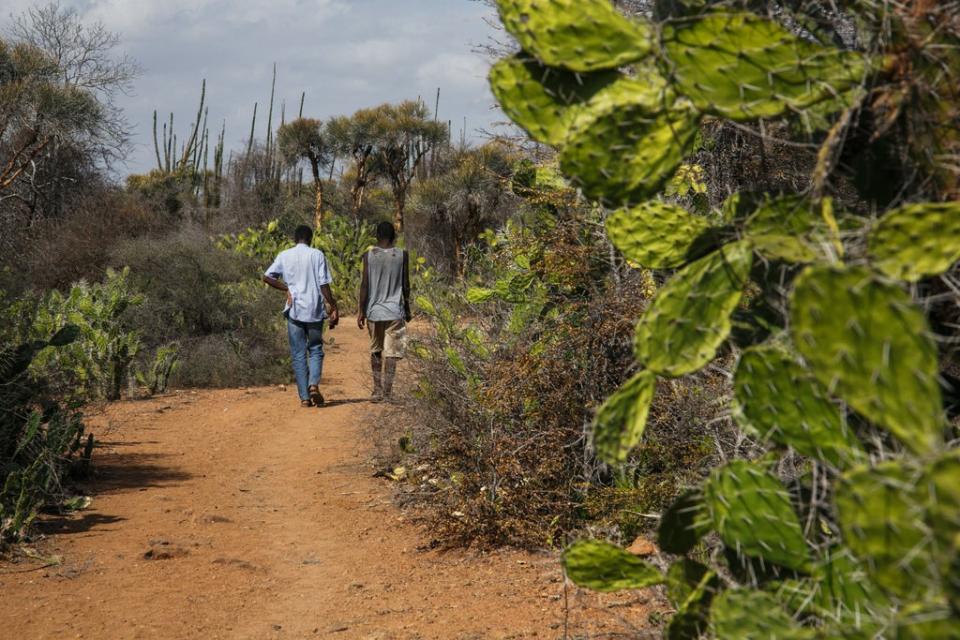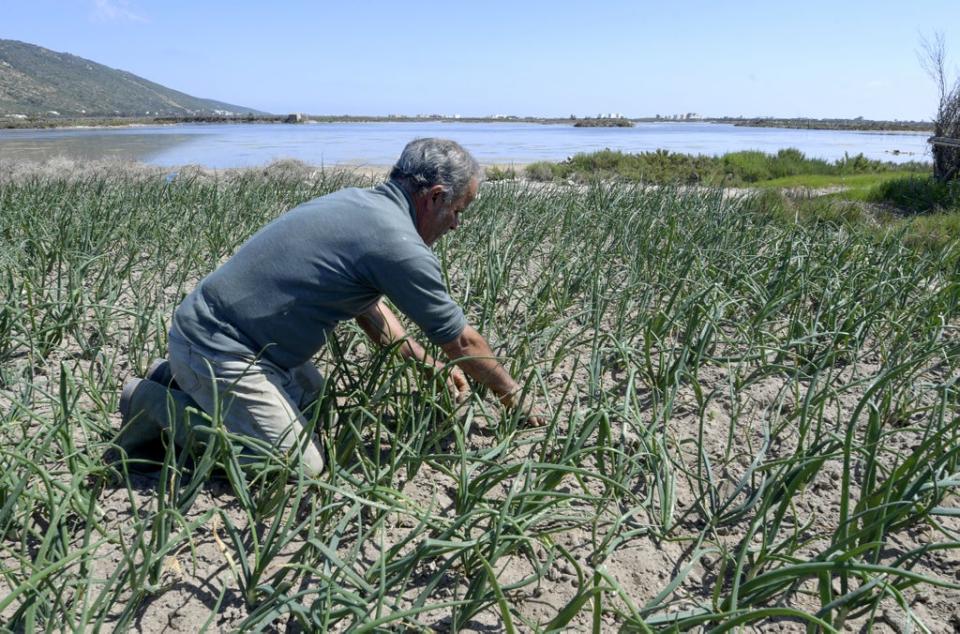Global leaders must invest in agricultural innovation says Gates Foundation

Rural livelihoods around the world are already facing the devastating consequences of rising temperatures – changing patterns of rainfall are reducing crop yields or even leading to crop failure.
In sub-Saharan Africa, where agriculture accounts for over half of employment, drastic changes need to be made to agricultural practices to help farmers adapt to the rapidly warming climate.
As women form the majority of small-holder farmers, a loss of income due to climate change could rob them of their financial independence - and undo the steady steps being taken towards gender equality.
“The agricultural platform can lift millions of people out of poverty. That platform is burning right now as we speak,” says Enock Chikava, interim director of agricultural development at the Gates Foundation.
With the COP-26 climate change conference just days away, the report says global leaders must invest in the research and development of climate adaptation solutions, including scaling up existing solutions.

Farm Africa is a charity working to reduce poverty by helping farmers grow their crops more sustainably and their experience across eastern Africa highlights the potential of climate-smart agriculture to reverse the decline in crop yields driven by climate change.
In Ethiopia’s Central Rift Valley, a Farm Africa initiative funded by the Swedish International Development Cooperation Agency has seen the average productivity of the maize crop rise by almost 1,500 kg per hectare over two years. Adjusting planting times in response to soil moisture – among other adaptations – led to such a plentiful harvest.
But John Reizenstein, chair of Farm Africa, says that training in agronomic practices is not enough to build resilience to climate change.
“Financial inclusion remains a huge challenge for small farmers in sub-Saharan Africa,” he says.
Though the Paris Agreement on climate change pledged that developed nations would provide $100 billion (£72.5 billion) to fund climate action by 2020, it has fallen short of this target.

“Only less than 2 per cent of global climate financing goes to small scale agriculture, despite the fact that they’re the backbone of the food systems in the countries must vulnerable to climate change,” says Laura Birx, deputy director, strategy, planning and management, agricultural development at the Gates Foundation.
The global collaboration in producing a Covid-19 vaccine has brought to the forefront the importance of leaders working towards a united goal.
CGIAR is the largest global research partnership working towards sustainable and resilient agriculture and technology it has developed has helped yields triple in Europe and North America.
Investing in global endeavours like CGIAR and participating in initiatives such as AIM for Climate, which aims to unite nations to accelerate investment in climate-smart agriculture, can “catalyse action on research areas that have really high potential,” says Birx.
Read More
Farming SOS: How saving our soil could reverse climate change

 Yahoo Sport
Yahoo Sport 





































